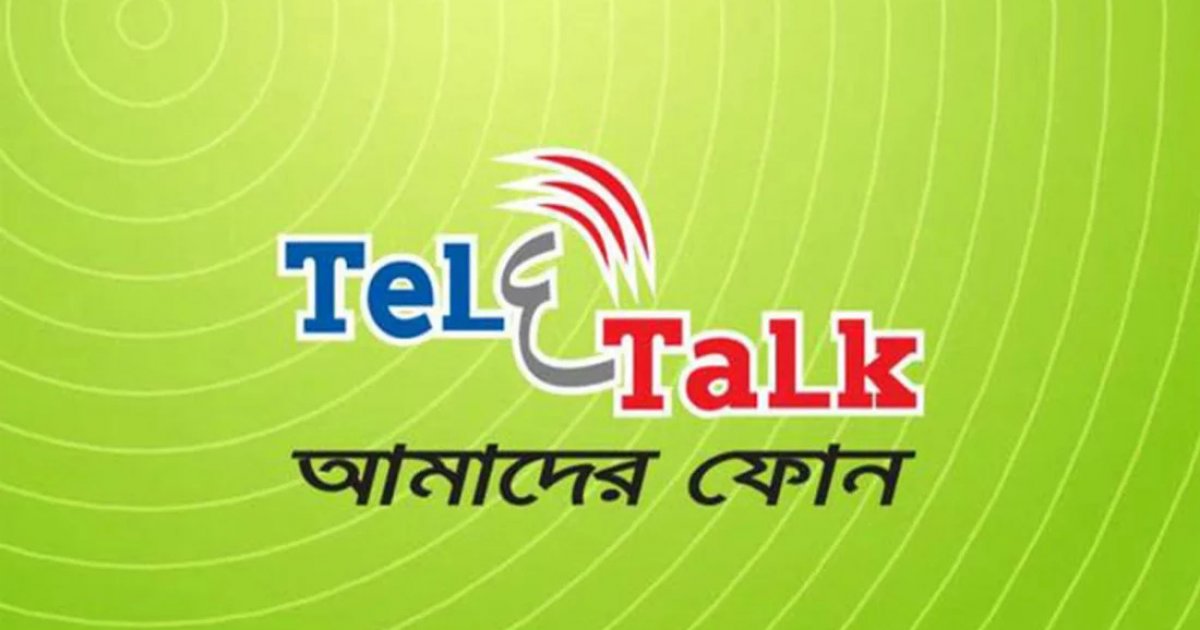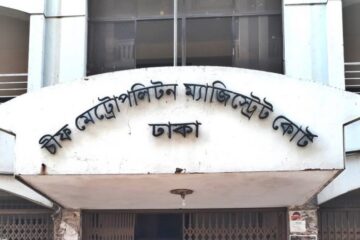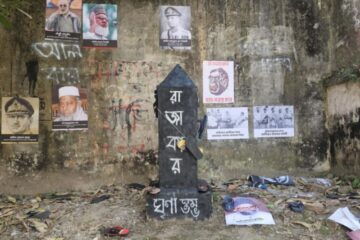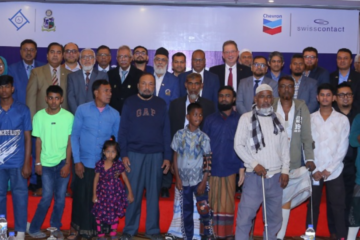Teletalk’s long-awaited 4G expansion, a Bangladesh–China cooperation project, has been stalled for over eight years due to bureaucratic interference and administrative indecision.
Officials warned the deadlock is not only crippling the state-owned operator but could also strain Dhaka’s strategic ties with Beijing.
Funded by a Chinese Government Concessional Loan (GCL), the project aims to deploy 3,200 Base Transceiver Stations (BTS) — including 2,000 new towers and 1,200 replacements — to strengthen Teletalk’s nationwide 4G service and bridge the rural-urban digital divide.
Excessive intervention from the Economic Relations Division (ERD), and the Posts and Telecommunications Division (PTD), however, has thrown the procurement process into uncertainty, undermining the project’s original bilateral framework.
Following an ERD circular in 2017, three firms nominated by the Chinese government submitted bids in September 2024. In January 2025, the Tender Evaluation Committee (TEC) declared the offers “technically non-responsive” and recommended re-tendering among the same bidders. Teletalk’s board approved the move, and the Central Procurement Technical Unit (CPTU) confirmed it was compliant with Rule 34 of the Public Procurement Rules 2008.
Yet CPTU added an unusual clause requiring ERD consultation — a step not mandated for GCL projects. ERD insisted on expanding the shortlist to five to eight bidders, effectively overriding China’s nomination authority and, according to insiders, violating concessional loan protocols.
A senior government official wishing to be anonymous, told Dhaka Tribune: “This move contradicts the bilateral framework. It risks eroding China’s trust and could jeopardize future cooperation projects.”
Insiders also alleged that quarter with vested interests are lobbying to hand control of Teletalk’s network supply to a single manufacturer, potentially distorting fair competition. Internal ERD correspondence reportedly misrepresented the facts, claiming the companies were non-responsive when only their technical proposals were deemed so.
A senior Teletalk official wishing to be anonymous, said: “We are a public service institution, the only state-owned telecom operator competing with multinationals. Yet bureaucratic complexities are slowing us down. We want to move past these barriers and ensure quality service for the people.”
Telecom analysts warned that persistent bureaucratic meddling could undermine Bangladesh’s credibility in managing bilateral loan frameworks. “China treats these projects as government-to-government commitments,” said a telecom policy expert. “If Bangladesh itself disregards those rules, it risks damaging mutual confidence and stalling future Chinese-financed ventures.”
Attempts to contact Bangladesh Telecommunication Regulatory Commission (BTRC) officials and Teletalk Managing Director Nurul Mabud Chowdhury for comment were unsuccessful.
Currently, Teletalk operates around 6,000 active BTS sites nationwide, covering all 64 districts, roughly 490 upazilas, and about 2,500 unions. Yet 4G access remains limited in many rural and remote areas, where users often rely on older 3G or 2G connections.
Despite being the only state-owned mobile operator, Teletalk lags behind private competitors in reach and quality of service, largely due to slow modernization and funding delays.



